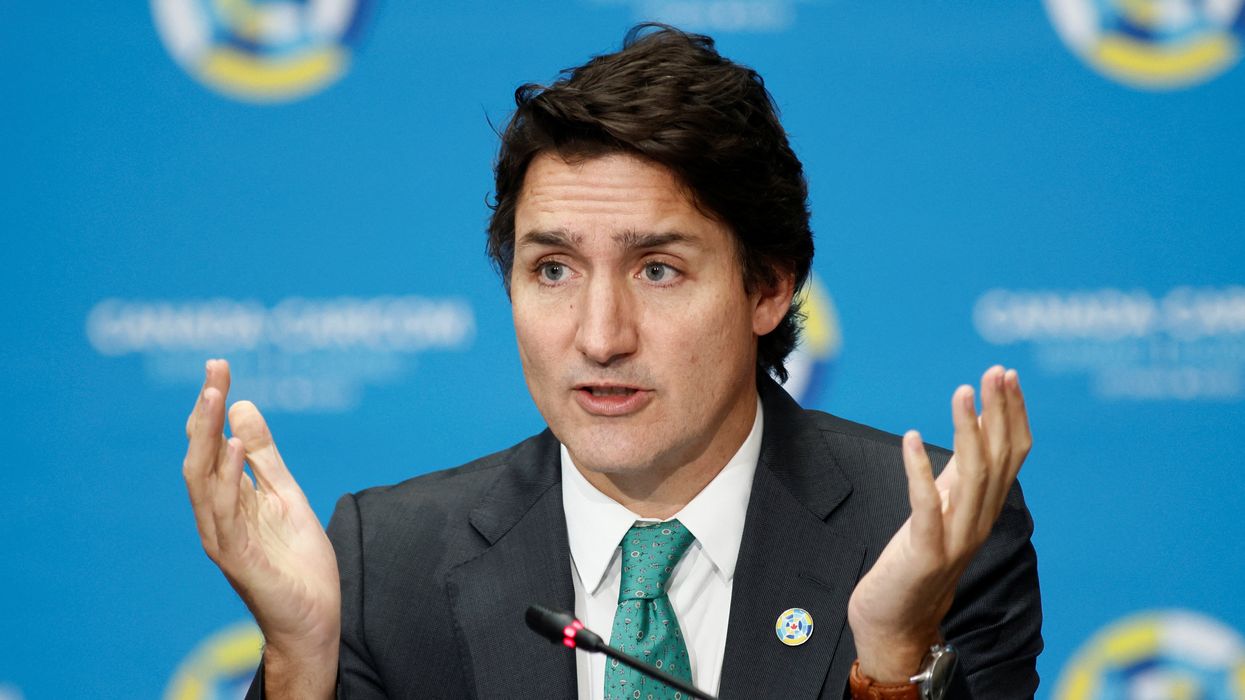GZERO North
Truce sought in link-tax battle
A group representing Canadian news organizations has called on the federal government to make changes as requested by Google to a new law requiring the tech giant to make payments to news outlets.
Oct 19, 2023


